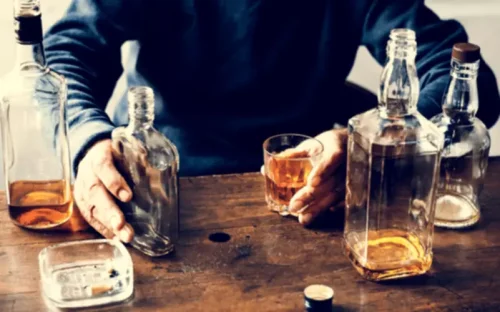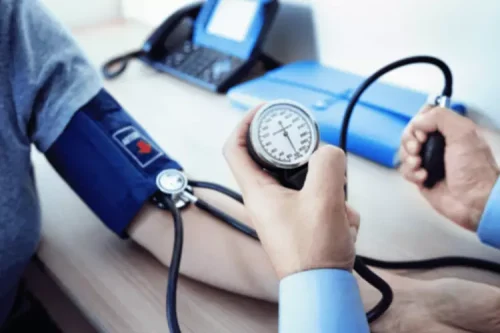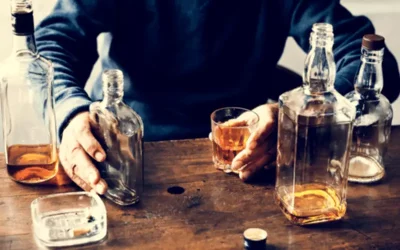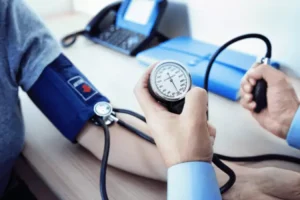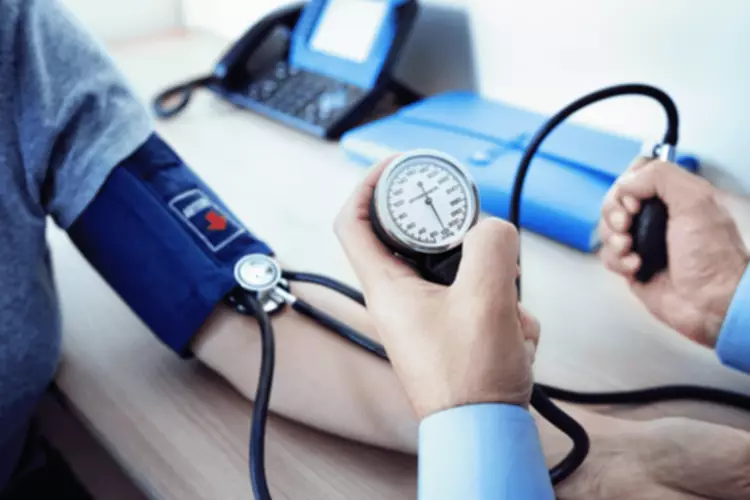As a result, you’ll enjoy better sleep, improved mood and energy, and fewer wellness issues. Some people may also experience night sweats due to alcohol withdrawal syndrome or alcohol intolerance. Meanwhile, binge drinking focuses more on how quickly and how much you drink in one sitting. The CDC defines binge drinking as drinking that brings your blood alcohol concentration (BAC) to 0.08% or more.
Find more top doctors on
Finally, one potentially serious cause of alcohol and bruising is alcohol liver disease. As liver functioning declines from chronic alcohol misuse, a person is likely to bleed and bruise easily. One of the diagnostic criteria that points toward an alcohol use disorder is continuing to drink, even in the face of consequences. These consequences can include relationship problems, difficulty fulfilling duties at work or home, or a worsening of health problems. If a person continues to drink despite health-related problems, bruises after drinking may be a consequence that arises from alcohol misuse. On darker skin tones, you may not notice redness at the time of injury.
- A doctor will take a thorough health history and have you complete questionnaires related to alcohol intake to help diagnose these conditions.
- When it comes to drinking, remember to always prioritize your well-being and make appropriate decisions.
- Heavy drinking over time can cause weight gain, which might result in the appearance of a double chin.
- Drinking alcohol may make you more likely to develop certain skin conditions, such as psoriasis, rosacea, and seborrhoeic or nummular dermatitis.
Physical Signs You’re Drinking Too Much
- Keep reading to learn more about the symptoms, causes, and treatments for alcohol-related neuropathy.
- Dilated blood vessels can make bleeding more likely when you drink.
- Alcohol impairs your cerebellum, the part of your brain that’s responsible for coordinating your movements, Swartzwelder says.
Continuing to drink, even when it causes health problems, is a sign of an alcohol use disorder. Someone who lives with an alcohol use disorder may experience lasting brain changes that make it difficult to stop drinking. Liver cirrhosis is linked to bleeding complications and can alcohol and bruising even lead to the formation of a large type of bruise called a hematoma. You can improve the health of your liver by abstaining from alcohol or only drinking in moderation, eating a healthy diet, and managing your weight. If you notice early signs of alcohol-related liver disease, be sure to follow up with your doctor.
Consult With Confidant’s Online Doctors For Alcohol Treatment
What all of this means is that people who live with an alcohol use disorder are likely to consume large quantities of alcohol. They may have such a high tolerance that they do not show any overt signs of intoxication, despite drinking large amounts. It’s tough to judge the seriousness of a bruise using the color.
- As the bruise develops, the skin over your bruise may look dark brown or black.
- Alcoholic fatty liver disease can be reversed by abstaining from alcohol for at least several weeks.
- Alcohol-related neuropathy is a condition caused by consuming large amounts of alcohol over a long period.
- First, alcoholics are more likely to fall and injure themselves, which can cause bruising.
According to DermNet.org, drinking large amounts of alcohol can increase a person’s risk of developing psoriasis. This article discusses some of the short and long-term effects that drinking alcohol can have on a person’s skin. The effects of alcohol consumption on blood pressure and heart rate can last up to 13 hours after drinking, and its effects on heart rate can last up to 24 hours after drinking.
Heartburn
In the short term, drinking alcohol can cause dry skin, flushing, dark circles, and decreased elasticity. People taking blood thinners are cautioned against drinking alcohol, but research has found that it is generally safe when done so infrequently and in moderation. Speak to a healthcare provider before drinking alcohol while on blood thinners. Another reason for the increase in blood pressure and heart rate is how alcohol affects hormones, specifically the stress hormone known as cortisol. Cortisol is released when a person feels physical or psychological stress so that they are prepared for a threat to their well-being. This physiological response primes a person to be alert and ready to act.
However, nerve damage is sometimes permanent, and your symptoms are likely to worsen if you don’t stop drinking. This could lead to disability, chronic pain, and damage to your arms and legs. The sooner you stop drinking alcohol, the more favorable your outlook is if you have alcohol-related neuropathy.
Signs Your Body Is Telling You You’re Drinking Too Much
Speak with a healthcare professional if you experience symptoms of alcohol-related neuropathy or are struggling to stop drinking. In addition, a support group can help you cope with the life changes you’re experiencing as a result of your condition. You might look for a support group specifically for alcoholic neuropathy or for people coping with chronic pain.

